Supplement Ingredient Guide: Nitric Oxide
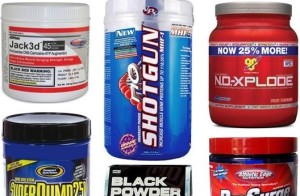
What is it?
Nitric oxide (NO) is a a signalling molecule which was used in the past as the laughing gas and an anaesthetic. It has a wide variety of roles influencing the immune system, muscular development and also control of blood pressure. It is normally produced endogenously within the body in the presence of arginine.
Indications
NO has been shown to have a positive impact on muscle size, recovery and vascularity.
How much should I take?
If you feel like you need NO supplementation, studies suggest that a dose of 2-5g daily would be ideal.
Research
Does NO cause you to build more muscle? NO has been shown to increase the release of growth hormones within the body, a proven way to build muscle. Several published papers have looked at trials using a placebo and they all came to the same result, which is NO can help you build muscle quickly. It’s shown that it can improve the body composition by burning fat while increasing muscle mass.
This growth in muscle however doesn’t translate to an increase in strength. Until today, there isn’t a well conducted trial that showed an increase strength, they all seem to suggest that strength remains the same while muscle mass increases.
Does NO improve recovery? Well research suggests that it does! Nitric Oxide is able to offset the muscle damage caused by an intense lifting session. Taken with a high carbohydrate dose too, it was found it increases the rate of replenishment of glycogen with the muscle reserves.
Side effects
Most studies suggest that NO is well tolerated, although it has been shown cause stomach upsets. Special care should be taken if you’re on any blood pressure medication since NO can drastically drop your blood pressure, so consult your doctor before taking it. The long term effects of NO are not clear yet since it’s not been researched for months nor years.
Compare Nitric Oxide products on SupplementReviews.com
References
Alba-Roth J, Müller O, Schopohl J, von Werder K. Arginine stimulates growth hormone secretion by suppressing endogenous somatostatin secretion. J Clin Endocrinol Metab 1988; 67 (6): 1186–9. doi:10.1210/jcem-67-6-1186. PMID 2903866.
Johgen W, Meininger CJ, Johgen SC, Li P, Lee MJ, Smith SB, Spencer TE, Fried SK, Wu G. Dietary L-Arginine Supplementation Reduces White Fat Gain and Enhances Skeletal Muscle and Brown Fat Masses in Diet-Induced Obese Rats. J Nutr 2008; 139 (2): 230-37
Ohta F, Takagi T, Sato H, Ignarro LJ. Low-dose L-arginine administration increases microperfusion of hindlimb muscle without affecting blood pressure in rats. PNAS 2007; 104 (4): 1407-11
Elam RP, Hardin DH, Sutton RA, Hagen L. Effects of arginine and ornithine on strength, lean body mass and urinary hydroxyproline in adult males. J Sports MedPhys Fitness 1989; 29 (1): 52-6
McConell GK. Effects of L-arginine supplementation on exercise metabolism. ClinNutr Metab Care. 2007; 10 (1): 46-51
Yaspelkis BB 3rd, Ivy JL. The effect of a carbohydrate–arginine supplement on postexercise carbohydrate metabolism. Int J Sport Nutr. 1999; 9 (3): 241-50
 Supplement Judge Unbiased Supplement Reviews – Do they really work??
Supplement Judge Unbiased Supplement Reviews – Do they really work??

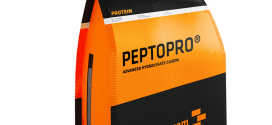
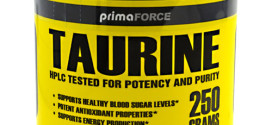
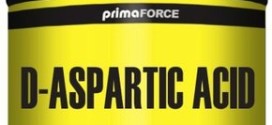
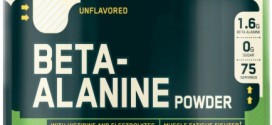
Some supplements can be dangerous if you don’t know what’s in them. If you have high blood pressure and need supplements to lower blood pressure then speak to your doctor!